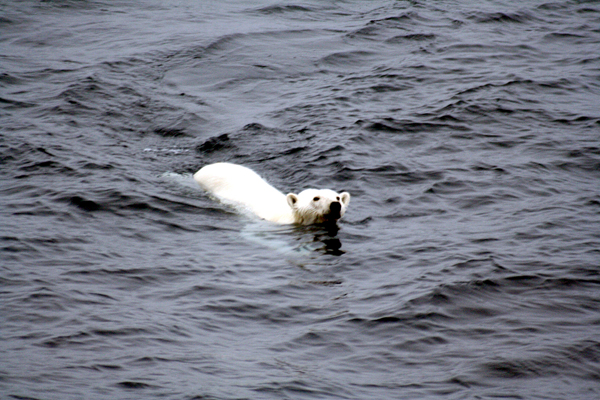- La Feria Community Holds Succesful Business Mixer Event
- Little Nashville to Take Place in Downtown Mercedes
- Lions Basketball Captures District Gold
- La Feria ISD Students Compete in Regional Chess Tournament
- Lions End First Half of 32-4A on a High Note
- La Feria ISD Held Another Successful Parent Conference
- Strong Appearance for Lions at Hidalgo Power Meet
- LFECHS Students Get to Meet Local Actress
- Students Participate in Marine Biology Camp
- Two LFECHS Students Qualify for All-State Band
Climate Change Could Wipe Out 1 in 6 Species
- Updated: May 22, 2015
by Eric Galatas/TNS
AUSTIN, Texas – A new study predicts that as the planet’s temperature rises, plant and animal species will become extinct at an increasing rate.
The report combines data from every climate extinction model ever published to arrive at its conclusions.
The study’s author, Mark Urban, an ecologist with the University of Connecticut, says if we continue business as usual, extinctions could reach alarming rates.
“If we continue on our current trajectory, we could reach a point where one in six species around the world are endangered with extinction based on climate change – just climate change, not other factors,” he points out.

New analysis predicts that one in six species could become extinct as a result of climate change if no action is taken. Photo: Mbz1/Wikimedia Commons.
The report finds that if global warming is capped at 2 degrees Celsius above pre-industrial temperatures, the projected extinction rate drops to 5.2 percent.
U.S. Rep. Lamar Smith of Texas isn’t making accurate data collection any easier. Earlier this month the San Antonio Republican helped advance a bill in Congress that would cut NASA’s earth science budget, which includes climate science, by $300 million dollars.
NASA Administrator Charles Bolden says the move could set back generations worth of progress in climate science. Urban agrees.
“And the more information we have from various sources, including NASA, it’ll be really important in understanding climates, making those better predictions, and using those climate predictions to do the things that I’m interested in, which is trying to understand how those will affect biodiversity and species around the world,” Urban states.
Smith heralds the NASA budget cuts, saying they would free up resources for space exploration.
As bad as Urban’s predictions may seem, the New York Times interviewed other climate experts who said actual extinction rates could end up being two to three times higher. Urban admits his report is not the final word on the matter, and adds there’s still time to act.
“As a country and as a world, we have a lot of smart people that can figure this out,” he stresses. “We just have to decide that this is what we’re going to do in order to prevent some of these damaging effects from happening and then go about the work of getting it done.”


